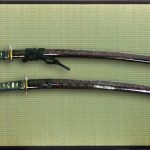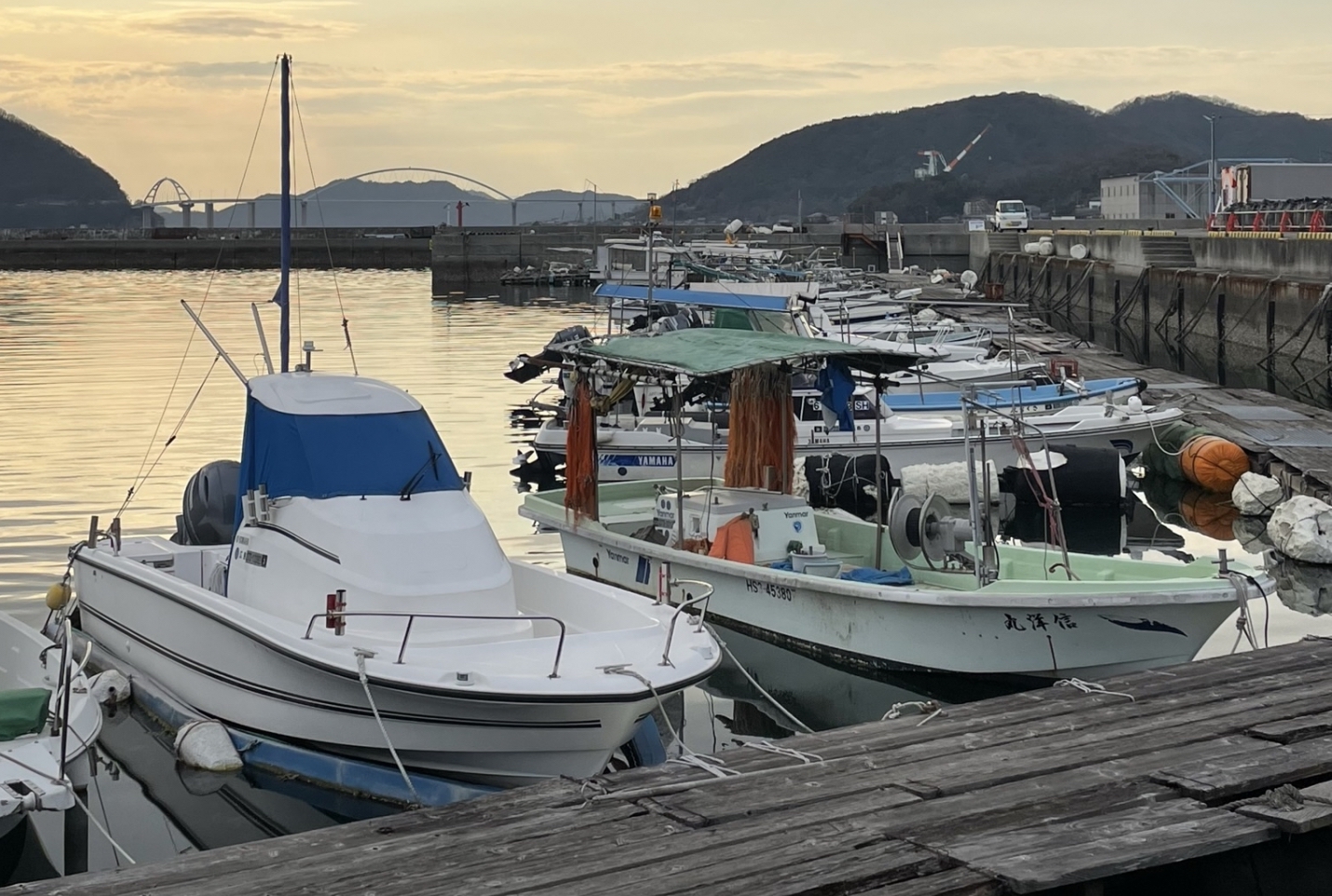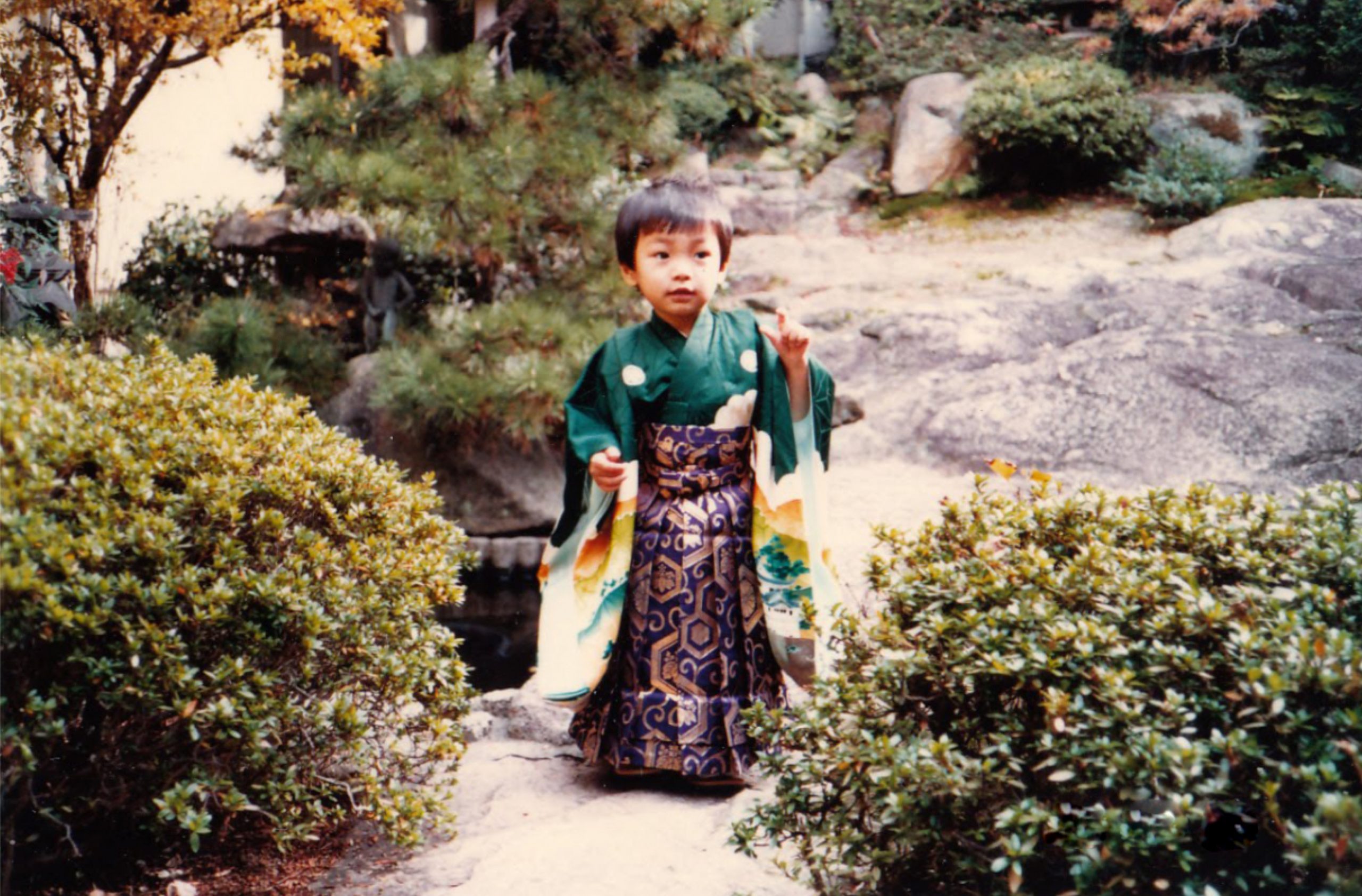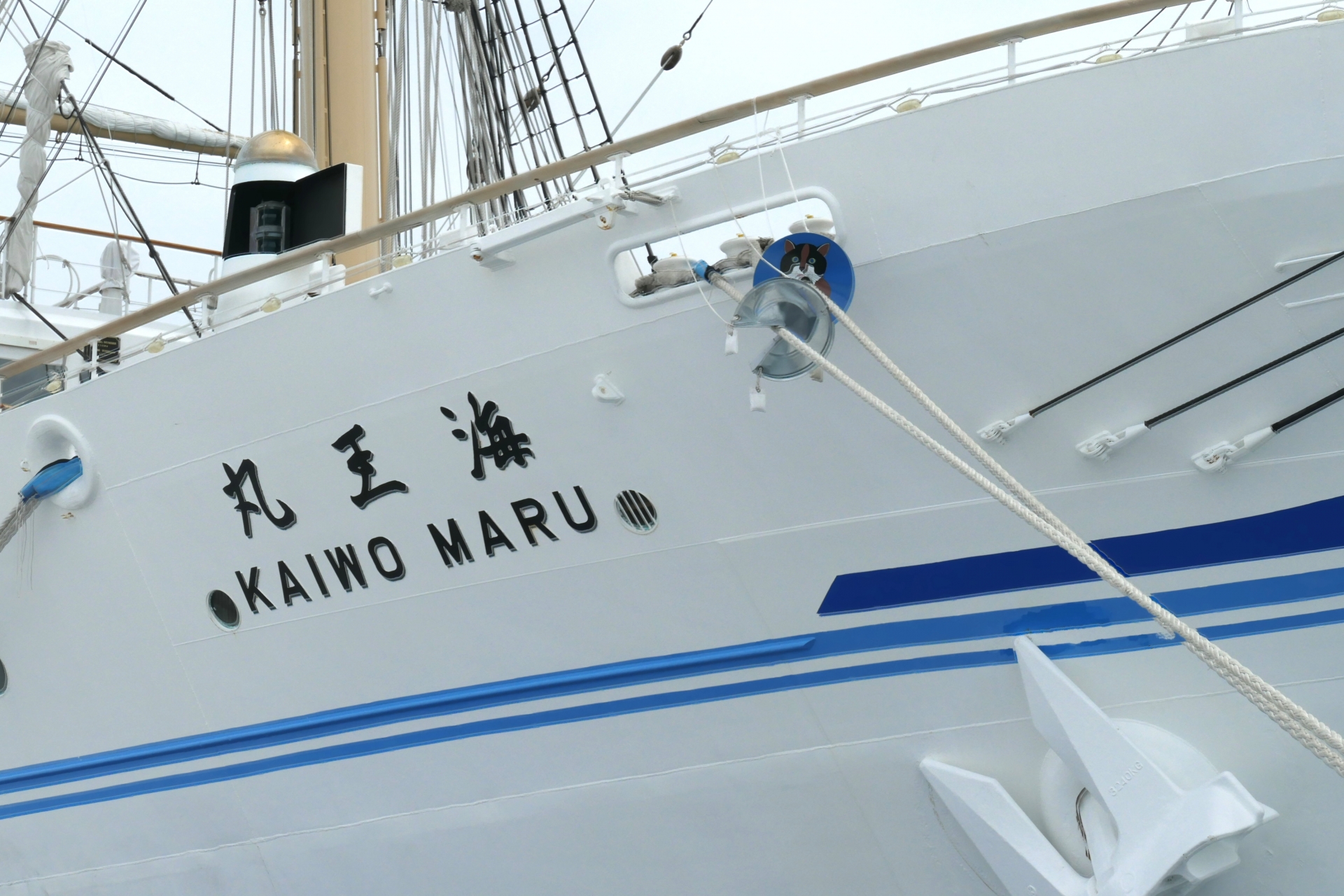Why do Japanese ships have “maru” affixed to their names? (3)
“Maru” in the Names of Other Things
日本語は英語の下にございます。/ Japanese translation is below the English text.
This is the third of the five posts on: Why do Japanese ships have “maru” affixed to their names?
=> (1) The Maru Ship: Japanese Ship Names Often End With “Maru”
=> (2) ”Maru” Is A Symbol of Perfection
(3) “Maru” in the Names of Other Things
=> (4) How to Fend Off Demons From Your Baby
=> (5) Modern Japanese Ship Names
"MARU" IN THE NAMES OF OTHER THINGS Contents 1. Precious properties 2. Boys' names 3. Jewels 4. A Korean Root 5. The Chinese god 6. A review thus far
1) Precious Properties
When you read Japanese history, you find many things that had names ending with “maru” other than ships. Some examples are:

・Onikiri-maru (a sword, “oni-kiri” means demon slashing)
・Kiku-maru (a flute, “kiku” means chrysanthemum)
・Yuki-maru (a dog, “yuki” means snow)
We can only guess, but it seems that people gave names with “maru” in the end to their dear properties like swords, musical instruments, dogs, and so on.
2) Boys’ names
Another prominent example of a “dear property” is a boy baby. People loved girls, too, of course, but in the feudal days, they considered a boy’s presence essential in continuing a family bloodline.
Until the end of the Edo Era, people often named boys with “maru”.
For example:
・Ushiwaka-maru (the childhood name of Minamoto no Yoshitsune, an aristocrat-military commander in the 11th century)
・Mine-maru (the childhood name of Saito Dosan, a feudal lord in the 16th century)
・Chasen-maru (the childhood name of Oda Nobukatsu, a feudal lord in the 16th century)
When the boy came of age, the father or a guardian usually gave him another name for his adult life.
Also, some adults men had “maro” at the end of their names. We think it is a variation of “maru”, partly because sometimes they spelled the name with the Chinese character “maru” but pronounced it “maro”. Also, the adjective for round is “marui” but some say it “maroi”.
Examples of some famous people with names with “maro”:
・Kakinomoto no Hito-maro (a poet in the 7th-8th Century)
・Wake no Kiyo-maro (a government official in the 8th Century)
・Abe no Naka-maro (a scholar in the 8th Century)
3) Jewels
Some noticed “maru” in the names of precious possessions including their heirs and associated it with another meaning of the word. If a circle materializes in the three-dimensional world, it would become a bead or a ball, “tama”.
You can spell “tama” as “玉” or “珠” with Chinese characters, and it means a precious stone such as jade or a pearl.
From here, they maintained that “maru” in names also means jewel and is added to express affinity and care for the bearer.
According to them, ships were very precious and therefore also the subject of the nomination.
4) A Korean root
There is a theory that the word “maru” and its usage in ships’ names came from the Korean language.
According to it, in olden days, Koreans called official buildings “maro” or “maru”. The word was imported into Japanese, and it stayed as “maru” meaning buildings in general.
The Japanese spelled the word “maru” as “丸 (round)” from the sound. It became the origin of such words as “toi-maru”, a river transportation business or their building. From here, some believe that it became a suffix for ship names.
Others say that later, the Japanese used the Korean-oriented “maru” to indicate different sections in the precinct where a castle stands. Today, when we discuss Japanese castles, we commonly use “hon-maru (the main area)”, “ni-no-maru (the second area)”, and “san-no-maru (the third area)”, and the words have a Korean root!
5) The Chinese god
Also, there is a theory to find the origin of “maru” in a Chinese myth.
Legend says that a Chinese god called “白童丸 (Hakudomaru?)” taught humans how to build ships. According to the theory, the Japanese took the last character of his name and put it in their ship names wishing for his protection and it eventually became customary.
6) A review thus far
As we review the various theories in search of the origin of “maru” in ship names, we feel it may have the same reason as “maru” in the names for sons, swords, and other precious things. The reason is that ships must have been very valuable to the owners.
But we still don’t know; why is it the word “maru”? What does it mean?
By the say, the Korean-origin theory may explain “maru” for ship names and castle sections, but it’s difficult to connect it with the names of precious properties in general.
Also, the Chinese god theory can not explain “maru” in names of other things than ships, either.
★ Please continue reading: => How to Fend Off Demons From Your Baby
[End of the English post]
なぜ日本の船名には「まる」がつくのか?(3)
他のものの名につく「まる」について
これまでのお話はこちら:
=> (1) 「マル・シップ」~日本の船名に「まる」がついていること
=> (2) 「まる」は完全の象徴
もくじ 1. 貴重な所持品 2. 男児の名前 3. 宝石 4. 韓国語のルーツ 5. 中国の神様 6. ここまでを振り返って
1)貴重な所有物
日本史には、名前の最後が「まる」になっているものがよく出てきます。例えば、
・鬼切丸(剣の名前)
・菊丸(笛の名前)
・雪丸(犬の名前)
推測に過ぎませんが、刀剣や楽器、犬など、非常に大切な所有物の名前に「まる」がついていたようです。
2)男児の名前
貴重な「所有物」の重要な例が、男児です。もちろん女児も愛されていましたが、封建時代には、男児の存在は家系をつなぐのに不可欠なものでした。
江戸時代の終わりまで、人々は男の子たちに「まる」のついた幼名をつけていました。
例えば、
・牛若丸(11世紀の貴族出身の武士、源義経の幼名)
・峰丸(16世紀の大名斎藤道三の幼名)
・茶筅丸(16世紀の大名織田信雄の幼名)
少年が成人すると、父親や後見人が幼名の代わりに成人としての名前を与えました。
男性の名前の末尾には「まろ」がつくこともありました。これは「まる」の変形かと思います。漢字で「丸(普通まると読む)」と書いて「まろ」と読ませる例があるからです。また、形容詞「まるい」は「まろい」と言われることもあります。
人名の「まろ」には次のような著名な例があります。
・柿本人麻呂(7~8世紀の詩人)
・和気清麻呂(8世紀の官吏)
・阿倍仲麻呂(8世紀の学者)
3)宝石
「まる」が後継男子を含む貴重な所有物の名に付くことから、「まる」を他の意味に結びつけようとした人々もいました。円が三次元になったら、球形になりますが、これを「たま」といいます。
「たま」は漢字で「玉」「珠」と書き、翡翠や真珠など宝石を指します。
ここから、「まる」の付いた名前を持つものは宝石のように貴重であり、特別な愛情や世話の対象だったというのです。
同様に船も大変高価なものだったので、名前に「まる」がついたということです。
4)韓国語のルーツ
「まる」という言葉と、船に「まる」を付ける習慣が韓国に発するという説があります。
古代韓国では、公の建物を「まろ」「まる」と呼んでいました。その言葉が日本語に入ってきて、建造物を「まる」と指すようになったといいます。日本ではこの言葉に「丸」という漢字を当てました。
この韓国語の「まる」は「問丸」という河川運送業やその建物を指すのに使われ、そこから、船の名前の接尾語になったといいます。
また、日本語に、城郭の区画を表す言葉「まる」がありますが、これも韓国語が起源であるそうです。現在私たちが日本の城郭の話をするとき、「本丸」「一の丸」「二の丸」などと呼びますが、これもその名残です。
5)中国の神様
全く別に、中国の神話が船名の「まる」の起源だという説もあります。
中国に、昔「白童丸」という中国の神様が人間に船の作り方を教えたという話があります。
日本では、この伝説の神様の名前の最後の部分「丸」をとって船の名前の最後につけ、航海への加護を祈った。
ここから「丸」をつけるのが習慣になっていったということです。
6)ここまでを振り返って
これまで、船の名前についた「まる」の語源についてさまざまな説を見てきましたが、男児や刀剣、その他貴重な所有物の名前の「まる」と船名の「まる」には同じ理由があるような気がします。
でも、なぜ「まる」という言葉なのでしょう。「まる」ってどういう意味なのでしょう。
ところで、韓国語起源説は、船の名前や城郭の区画については説明できるかもしれませんが、貴重な所持品とのつながりは考えにくい。
また、中国の神話説も、船以外の名前の「まる」を説明できません。
★続きはこちら: => 赤ちゃんを魔物から守る方法
[和文部終わり]




